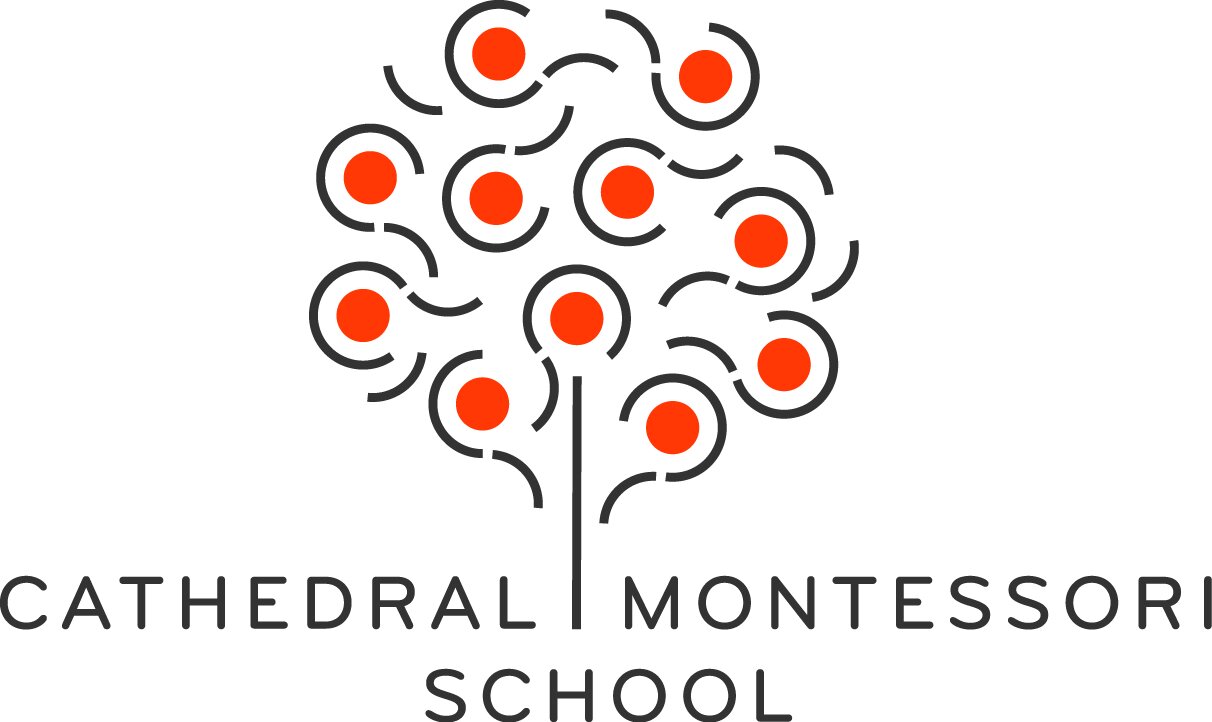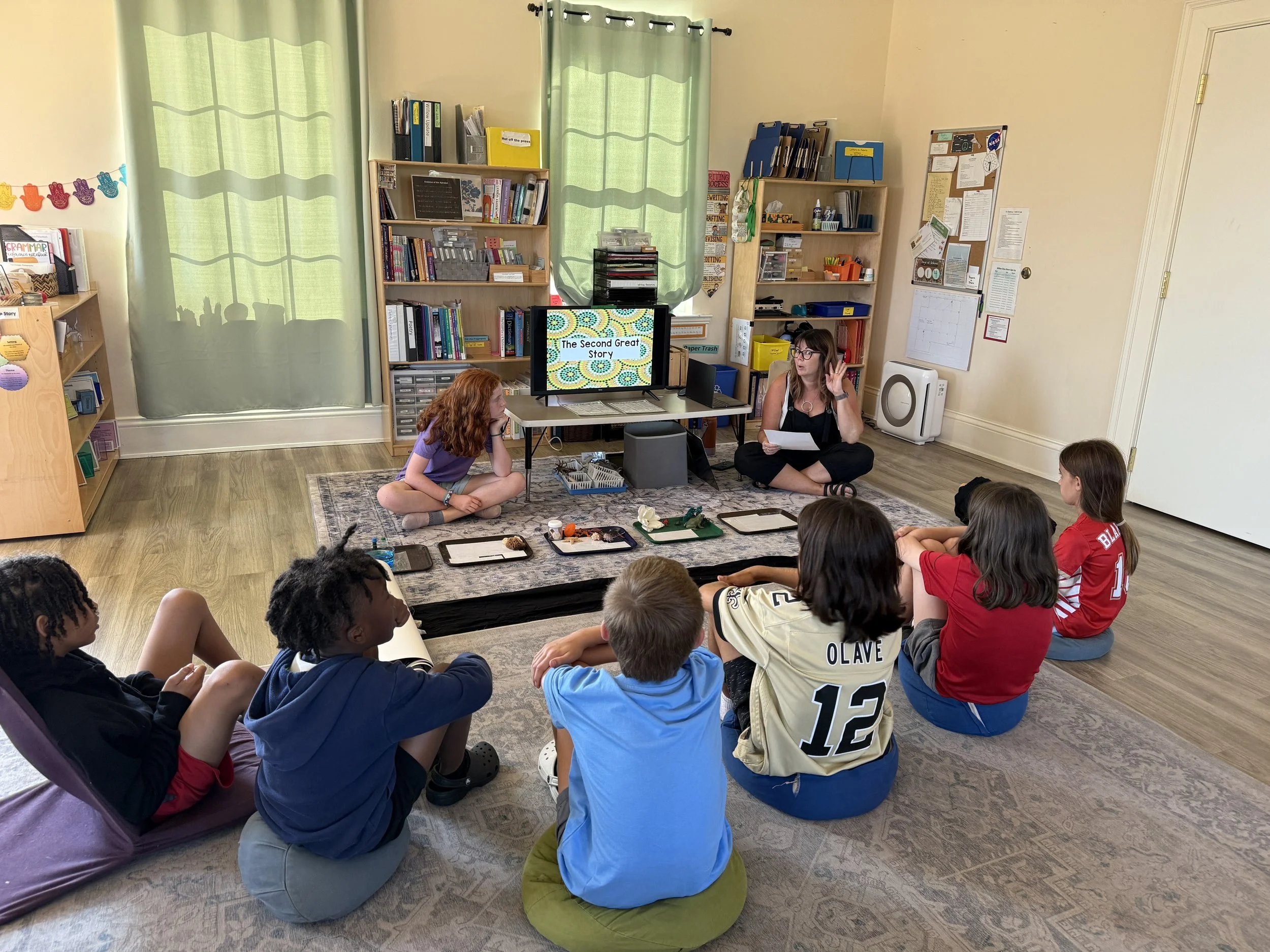Elementary School
The elementary classrooms offer more abstract, intellectual work, adapted to children ages 6-12. Work regions offer a study of continents, cultures, scientific concepts and great literature, with more advanced materials and group projects that encourage social development and collaboration, interdisciplinary connections, creative thinking and problem solving.
The Elementary years are divided into two multi-age groups: Lower Elementary classrooms for children ages 6 to 9 in grades 1 to 3, and Upper Elementary classrooms for children ages 9 to 12 in grades 4 to 6. Children learn to offer and receive help from each other as members of the multi-age classroom community. Elementary students continue to work both individually and in small groups, learning to question, think critically and take responsibility for their own learning. Students share discoveries and are constantly exposed to a wide variety of information.
The Montessori Elementary Curriculum contains the following areas of learning:
Practical Life work helps students develop responsibility, organize their time and take part in their community. They learn to plan independent work choices, prioritize activities, and prepare for deadlines.
In Elementary Math, concepts, place value, numerals and related quantities are reinforced and expanded upon. These concepts are related to more complex functions and number concepts used in daily life.
Students study grammar, spelling and the mechanics of language, while learning to express their interest and delight in their imaginations through reading and writing. They analyze, think critically, learn to compare and contrast literature to support personal perspective.
Cultural Studies include history, physical and political world geography, civics, economics, peace and justice, the arts, world language, and physical education, and introduce students to the interconnectedness of all living things.
Science and Social Studies are also integrated and are built around “Great Lessons,” a series of dramatic stories that explore the origins of the universe, our planet, and the continuous development of human advancement. Students explore what it means to be a responsible citizen and how they might make the world a better place.




